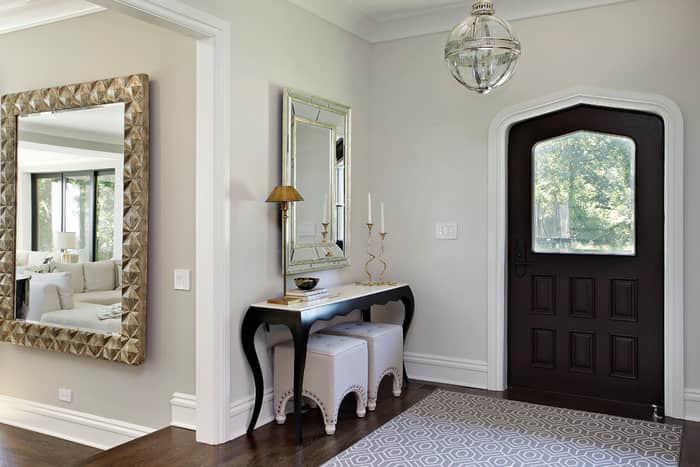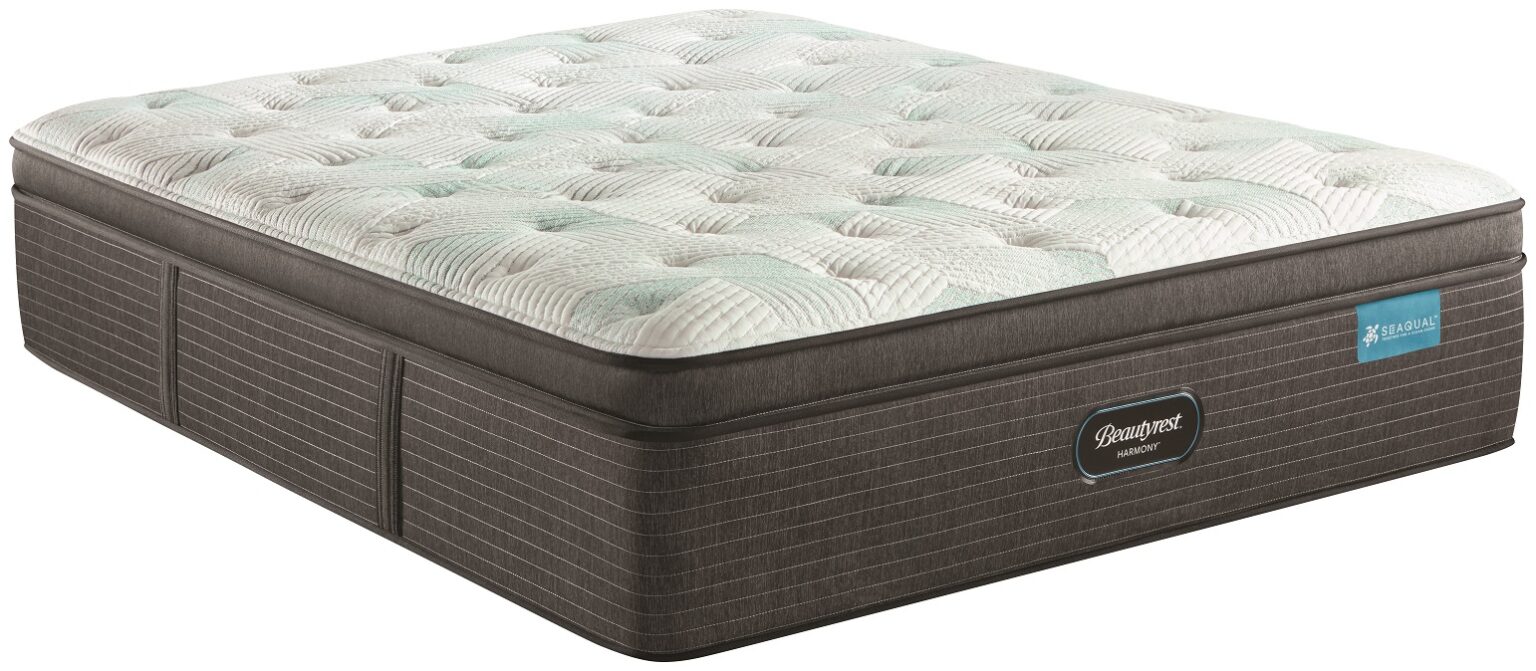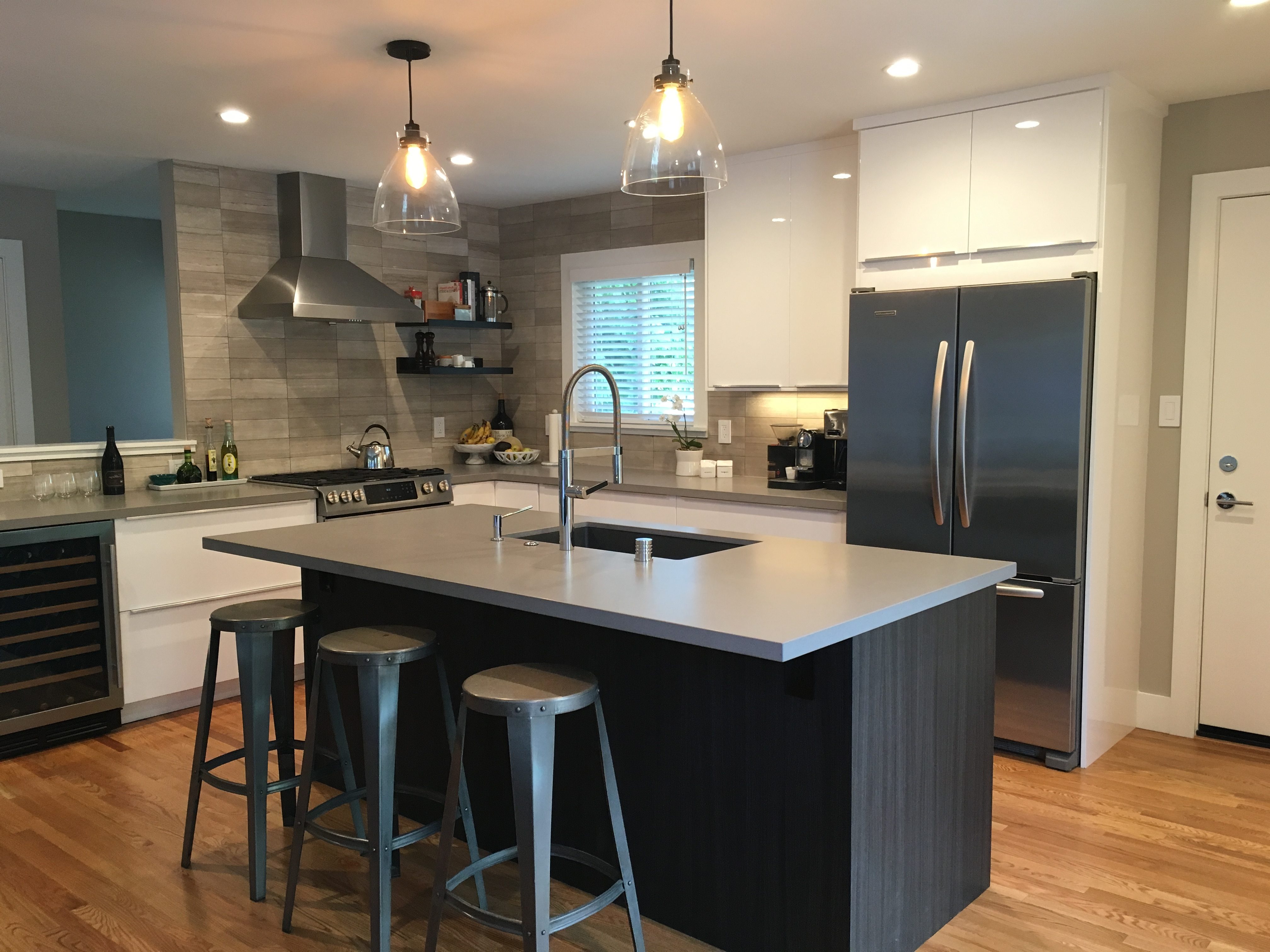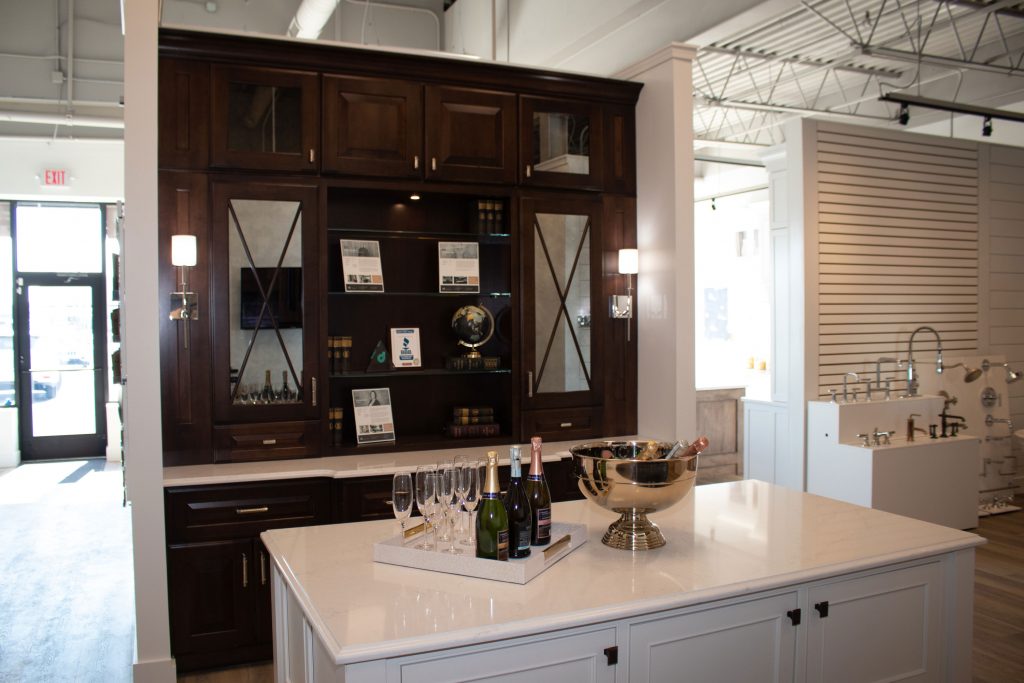The living room is often considered the heart of a home, where family and friends gather to relax and spend time together. It is important to create a harmonious and balanced energy in this space, and one way to achieve this is through the practice of Feng Shui. Here are the top 10 Feng Shui tips for your living room to bring positive energy and good vibes into your home.Feng Shui Tips for Your Living Room
1. Clear the clutter: The first step to achieving good Feng Shui in your living room is to declutter. Get rid of any unnecessary items and keep the space clean and organized. This will allow for the free flow of energy and create a peaceful atmosphere. 2. Use natural light: Natural light is an important element in Feng Shui. It brings in positive energy and enhances the overall feel of the room. Make sure to open up your curtains or blinds during the day and let the sunlight in. 3. Choose the right colors: The colors in your living room can have a significant impact on the energy of the space. Opt for warm and inviting colors such as earthy tones or shades of green and blue. Avoid using too much black or red, as they can create a heavy and stagnant energy. 4. Balance the elements: The five elements of Feng Shui - wood, fire, earth, metal, and water - should be balanced in the living room. Incorporate these elements through the use of colors, textures, and decor items. 5. Position the furniture strategically: The placement of furniture can greatly affect the flow of energy in a room. In the living room, the sofa should ideally be placed against a solid wall and facing the entrance. This will create a sense of security and allow for a clear view of the door.Living Room Feng Shui Tips
6. Add natural elements: Plants are a great way to bring in the natural element of wood into your living room. They also help to purify the air and add a touch of greenery to the space. You can also incorporate other natural materials such as bamboo, rattan, or stone in your decor. 7. Use mirrors wisely: Mirrors are powerful tools in Feng Shui as they can reflect and amplify energy. In the living room, place mirrors on the wall opposite the entrance to bring in more light and create a sense of spaciousness. Avoid placing them directly facing the sofa or bed, as this can create a sense of restlessness. 8. Avoid sharp edges: In Feng Shui, sharp edges are considered negative as they create a harsh energy. Choose furniture with rounded edges and avoid placing sharp objects in the living room. If you have a corner with sharp edges, soften it with a plant or a round table. 9. Create a focal point: A focal point in the living room can help to direct the flow of energy and bring balance to the space. This can be a piece of artwork, a fireplace, or a beautiful view from a window. Make sure to arrange the furniture in a way that emphasizes the focal point. 10. Personalize your space: Finally, remember to infuse your own personal style and energy into your living room. Surround yourself with meaningful and uplifting decor items that bring you joy and inspiration.Feng Shui Living Room Design
Feng Shui is all about creating a harmonious and balanced energy in a space. Here are some tips for arranging your living room furniture to achieve good Feng Shui: - Avoid placing furniture in a way that blocks the flow of energy, such as in front of windows or doors. - Arrange furniture in a way that allows for easy movement and conversation. - Make sure there is enough space for energy to flow around the furniture. - Avoid placing furniture in a straight line, as this can create a stagnant energy. - Use the Bagua map to determine the best placement of furniture based on the different areas of your living room and the elements associated with them.Living Room Feng Shui Arrangement
Colors play a crucial role in Feng Shui as they can affect our mood and energy levels. Here are some suggestions for the best Feng Shui colors for your living room: - Green: Associated with growth, balance, and harmony, green is a great color for the living room. - Blue: A calming and tranquil color, blue can help to create a peaceful atmosphere in the living room. - Earthy tones: Colors such as brown, beige, and terracotta bring in the grounding energy of the earth element. - Purple: This color represents abundance and prosperity, making it a good choice for the living room. - White: A symbol of purity and clarity, white can help to create a clean and fresh energy in the living room.Feng Shui Colors for Living Room
The layout of your living room can greatly affect the energy flow in the space. Here are some tips for a good Feng Shui living room layout: - Make sure there is enough space for energy to flow around the furniture. - Avoid placing large furniture in the center of the room, as this can create a blockage in the flow of energy. - Keep the space open and clutter-free to allow for the free flow of energy. - Arrange furniture in a way that allows for easy movement and conversation. - Use the Bagua map to determine the best placement of furniture based on the different areas of your living room and the elements associated with them.Feng Shui Living Room Layout
The furniture in your living room should not only be comfortable and functional, but also contribute to the overall energy of the space. Here are some tips for choosing Feng Shui-friendly living room furniture: - Choose furniture with rounded edges instead of sharp edges. - Opt for natural materials such as wood, bamboo, or cotton. - Avoid placing furniture in a straight line, as this can create a stagnant energy. - Use the Bagua map to determine the best placement of furniture based on the different areas of your living room and the elements associated with them.Feng Shui Living Room Furniture
Incorporating decor items in your living room that align with the principles of Feng Shui can enhance the energy of the space. Here are some ideas for Feng Shui living room decor: - Place a bowl of fresh fruit on the coffee table to symbolize abundance and prosperity. - Hang a wind chime near the window to bring in the sound of positive energy. - Display artwork or decor items that represent the elements of Feng Shui, such as a painting of a waterfall for the water element or a vase of flowers for the wood element. - Use calming scents such as lavender or citrus to create a peaceful atmosphere. - Keep the space clutter-free and organized to allow for the free flow of energy.Feng Shui Living Room Decor
Plants are a great way to bring in the natural element of wood into your living room. Here are some tips for choosing and placing plants in your living room: - Opt for plants with rounded or soft leaves instead of sharp or spiky ones. - Place plants in the corners of the room to balance the energy. - Avoid placing plants above the sofa or bed, as this can create a sense of pressure. - Use the Bagua map to determine the best placement of plants based on the different areas of your living room and the elements associated with them. - Keep plants healthy and well-maintained to ensure positive energy in the living room.Feng Shui Living Room Plants
Mirrors are powerful tools in Feng Shui as they can reflect and amplify energy. Here are some tips for placing mirrors in your living room: - Place a mirror on the wall opposite the entrance to bring in more light and create a sense of spaciousness. - Avoid placing mirrors directly facing the sofa or bed, as this can create a sense of restlessness. - Hang a mirror on the wall behind a dining table to symbolize abundance and prosperity. - Use the Bagua map to determine the best placement of mirrors based on the different areas of your living room and the elements associated with them. - Keep mirrors clean and free of any cracks or damage to ensure positive energy in the living room.Feng Shui Living Room Mirror Placement
Creating a Balanced and Harmonious Living Room with Feng Shui
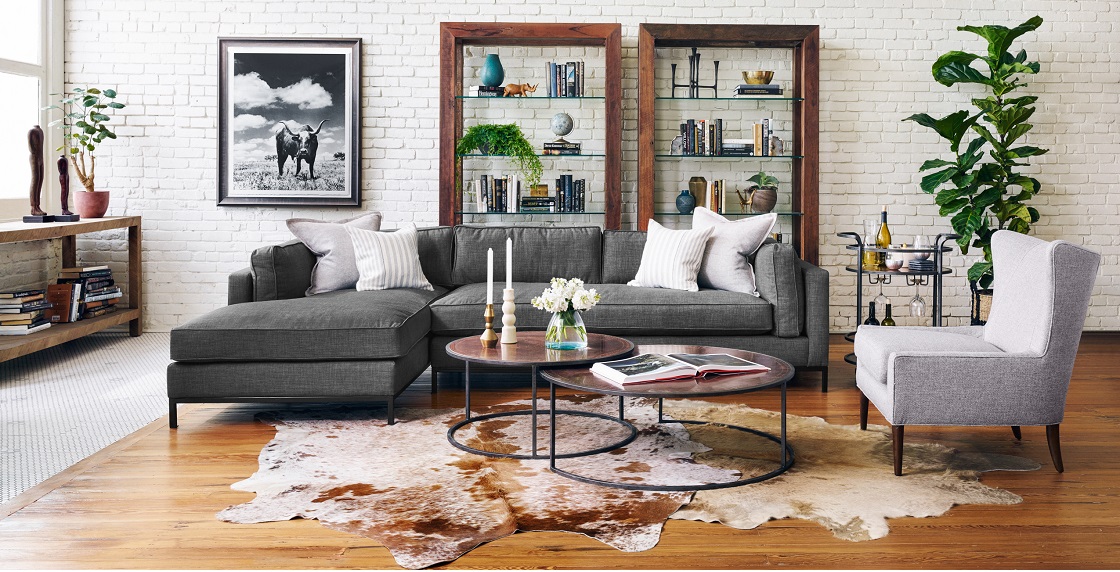
Incorporating the Five Elements
 In Feng Shui, the five elements – wood, fire, earth, metal, and water – play a crucial role in creating a balanced and harmonious living room. Each element represents a different aspect of life and by incorporating all five elements into your living room, you can create a space that promotes positive energy and good flow.
Wood
represents growth and vitality, making it ideal for creating a sense of vitality and rejuvenation in your living room. You can incorporate wood elements through furniture, decor, or even by adding plants.
Fire
symbolizes passion and energy, making it perfect for adding warmth and vibrancy to your living room. You can introduce fire elements through a fireplace, candles, or even bold and bright colors.
Earth
represents stability and nurturance, making it essential for creating a grounding and calming atmosphere in your living room. You can bring in earth elements through earthy tones, textures, and materials like ceramics, stones, or clay.
Metal
represents clarity and precision, making it ideal for promoting focus and organization in your living room. You can add metal elements through metallic accents, sleek furniture, or mirrors.
Water
symbolizes abundance and flow, making it crucial for creating a sense of ease and abundance in your living room. You can incorporate water elements through a small indoor fountain, a fish tank, or even through the use of blue and black colors.
In Feng Shui, the five elements – wood, fire, earth, metal, and water – play a crucial role in creating a balanced and harmonious living room. Each element represents a different aspect of life and by incorporating all five elements into your living room, you can create a space that promotes positive energy and good flow.
Wood
represents growth and vitality, making it ideal for creating a sense of vitality and rejuvenation in your living room. You can incorporate wood elements through furniture, decor, or even by adding plants.
Fire
symbolizes passion and energy, making it perfect for adding warmth and vibrancy to your living room. You can introduce fire elements through a fireplace, candles, or even bold and bright colors.
Earth
represents stability and nurturance, making it essential for creating a grounding and calming atmosphere in your living room. You can bring in earth elements through earthy tones, textures, and materials like ceramics, stones, or clay.
Metal
represents clarity and precision, making it ideal for promoting focus and organization in your living room. You can add metal elements through metallic accents, sleek furniture, or mirrors.
Water
symbolizes abundance and flow, making it crucial for creating a sense of ease and abundance in your living room. You can incorporate water elements through a small indoor fountain, a fish tank, or even through the use of blue and black colors.
Optimizing the Furniture Placement
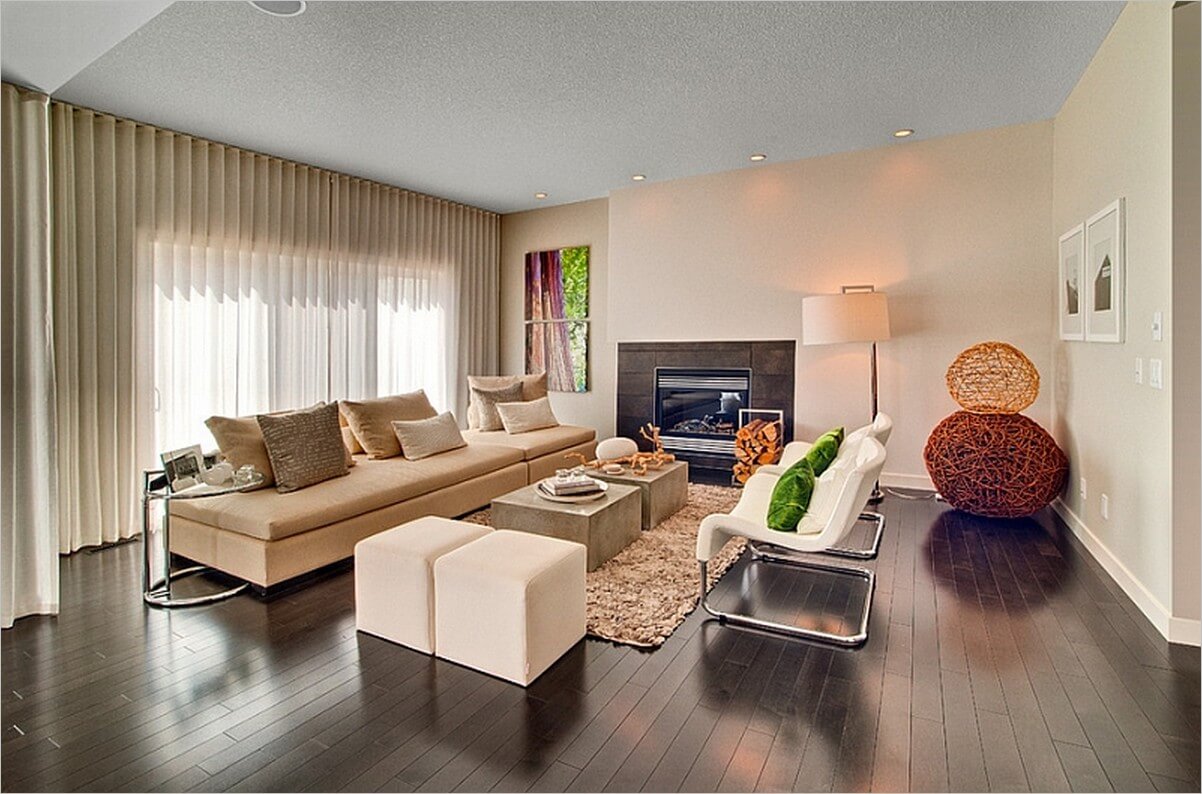 The placement of furniture in your living room is vital in Feng Shui as it determines the flow of energy in the space. The ideal placement is to have the main seating area facing the entrance of the room, as it allows for good flow of energy and promotes a sense of openness. Avoid placing furniture in a way that creates obstacles or blocks the natural flow of energy.
The placement of furniture in your living room is vital in Feng Shui as it determines the flow of energy in the space. The ideal placement is to have the main seating area facing the entrance of the room, as it allows for good flow of energy and promotes a sense of openness. Avoid placing furniture in a way that creates obstacles or blocks the natural flow of energy.
Decluttering and Organization
 In Feng Shui, clutter is believed to block the flow of positive energy and create stagnant energy in a space. Therefore, it is essential to keep your living room clutter-free and organized. Get rid of any unnecessary items and only keep items that bring you joy and serve a purpose. Use storage solutions to keep the space tidy and organized.
In Feng Shui, clutter is believed to block the flow of positive energy and create stagnant energy in a space. Therefore, it is essential to keep your living room clutter-free and organized. Get rid of any unnecessary items and only keep items that bring you joy and serve a purpose. Use storage solutions to keep the space tidy and organized.
Bringing in Natural Light
 Natural light is considered a vital element in Feng Shui as it brings in positive energy and connects the space with the outside world. Make sure to open up your curtains or blinds during the day to allow natural light to flow into your living room. If your living room lacks natural light, you can use artificial lighting that mimics natural light to create a similar effect.
Natural light is considered a vital element in Feng Shui as it brings in positive energy and connects the space with the outside world. Make sure to open up your curtains or blinds during the day to allow natural light to flow into your living room. If your living room lacks natural light, you can use artificial lighting that mimics natural light to create a similar effect.
The Power of Colors
/GettyImages-1030845464-d9bf0a6179ff4601971a1ab963607969.jpg) Colors play a significant role in Feng Shui as they have the power to evoke certain emotions and energies. Neutral and earthy tones are considered the most calming and grounding, while bold and bright colors can bring in a sense of energy and vitality. Choose colors that align with the energy you want to promote in your living room.
Incorporating these Feng Shui tips into your living room design can help create a space that not only looks aesthetically pleasing but also promotes positive energy and good flow. By incorporating the five elements, optimizing furniture placement, decluttering, bringing in natural light, and using the power of colors, you can create a balanced and harmonious living room that promotes a sense of well-being and harmony.
Colors play a significant role in Feng Shui as they have the power to evoke certain emotions and energies. Neutral and earthy tones are considered the most calming and grounding, while bold and bright colors can bring in a sense of energy and vitality. Choose colors that align with the energy you want to promote in your living room.
Incorporating these Feng Shui tips into your living room design can help create a space that not only looks aesthetically pleasing but also promotes positive energy and good flow. By incorporating the five elements, optimizing furniture placement, decluttering, bringing in natural light, and using the power of colors, you can create a balanced and harmonious living room that promotes a sense of well-being and harmony.

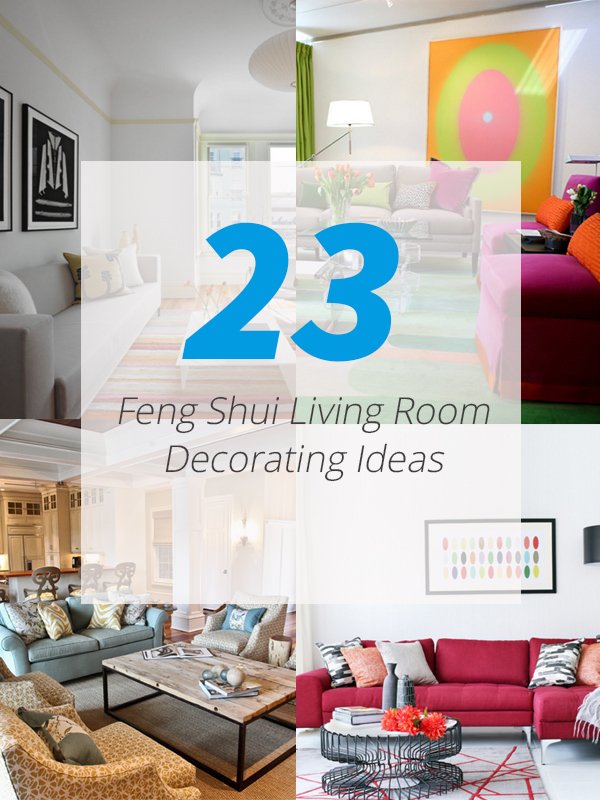
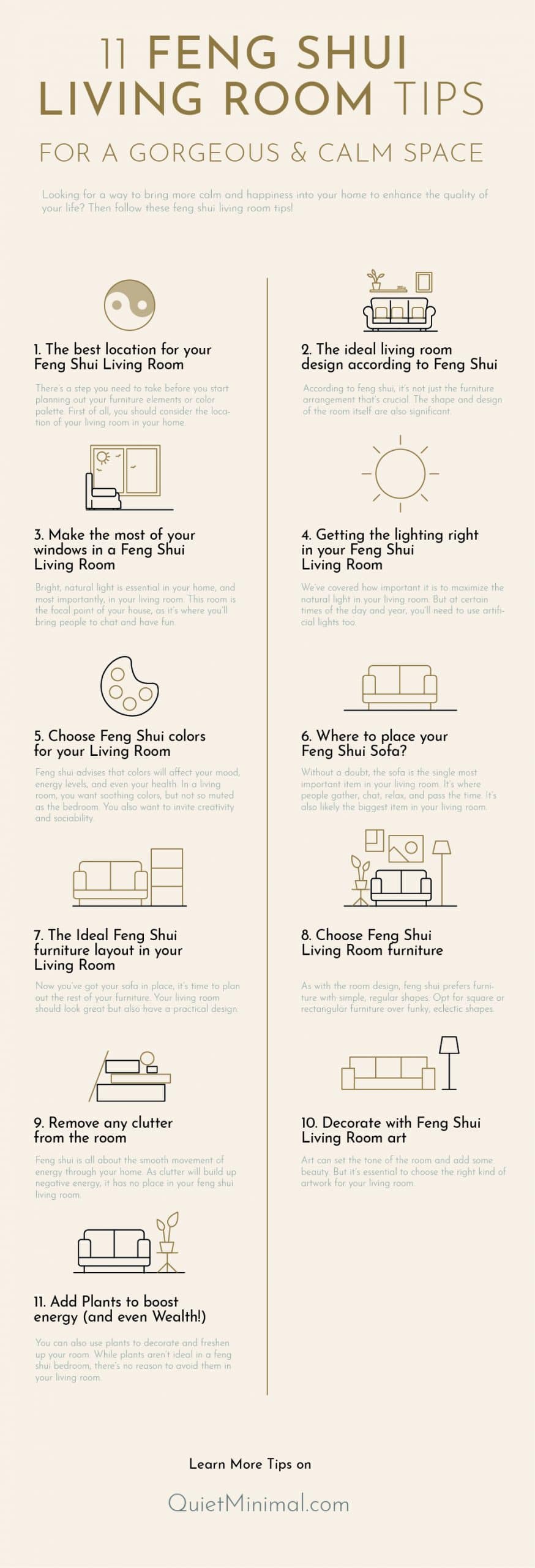
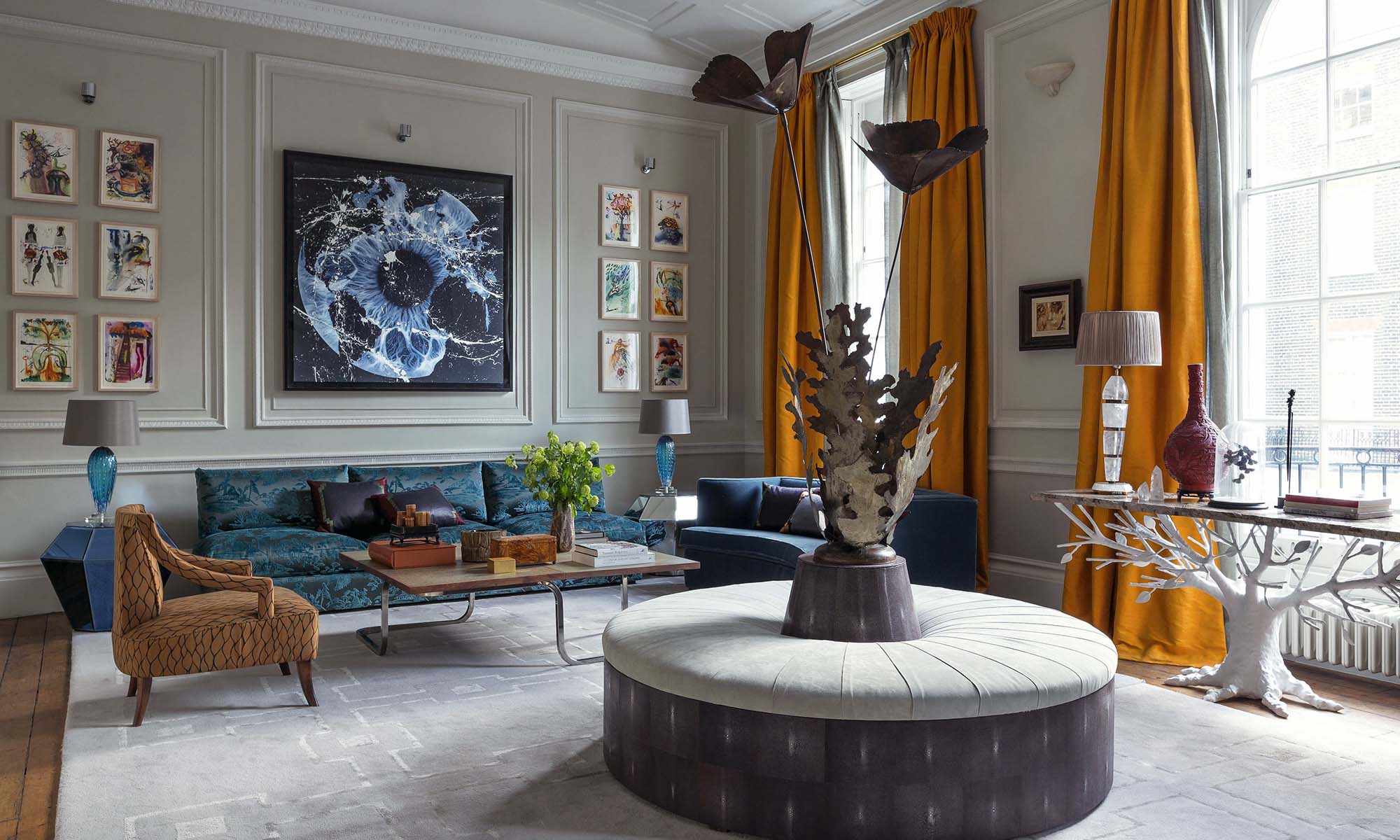
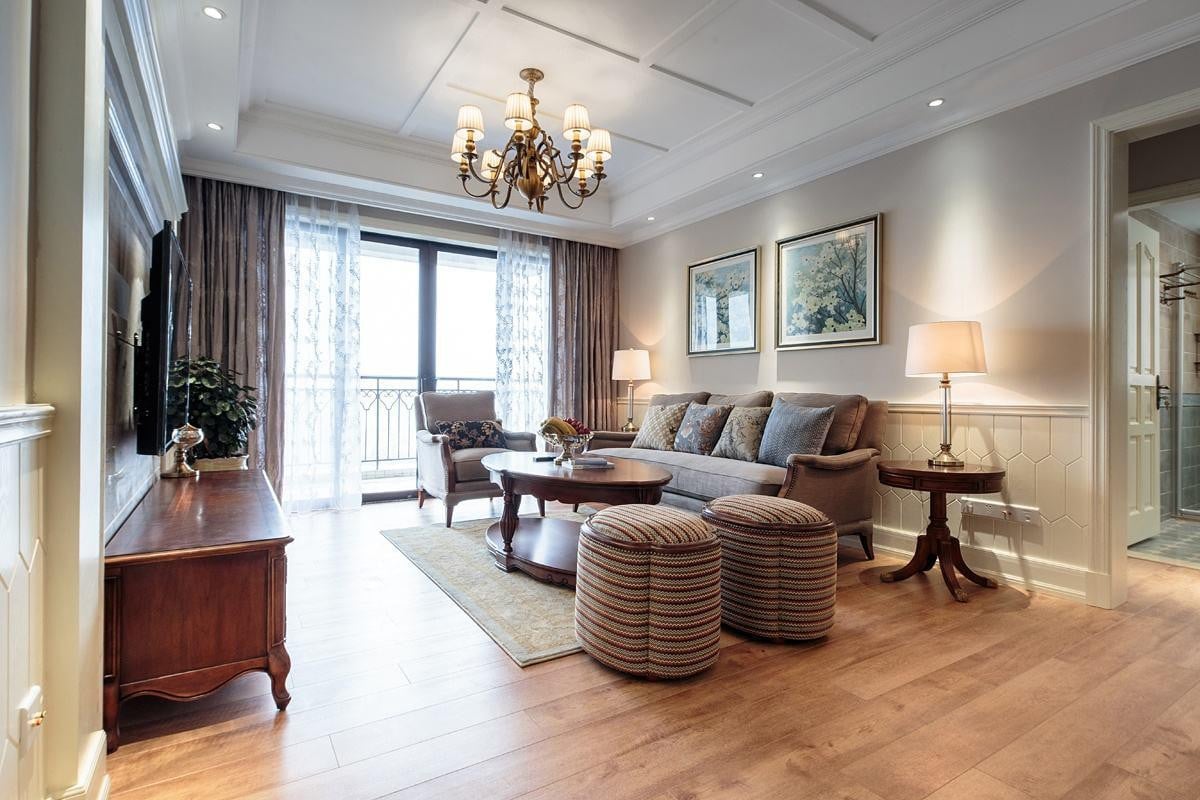
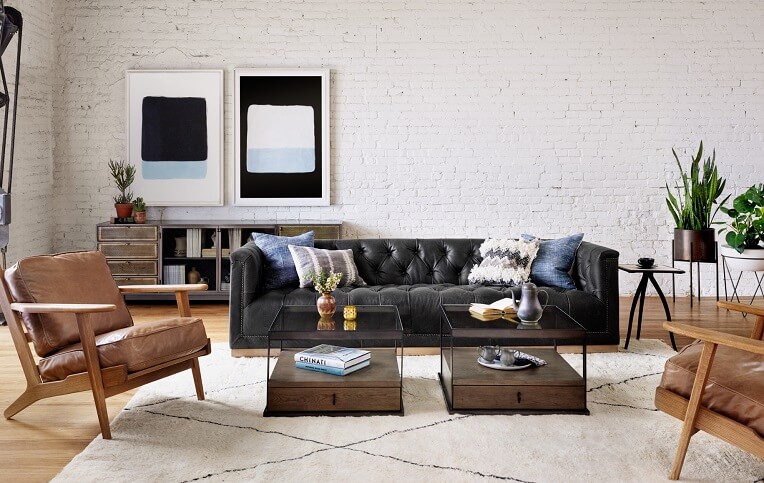



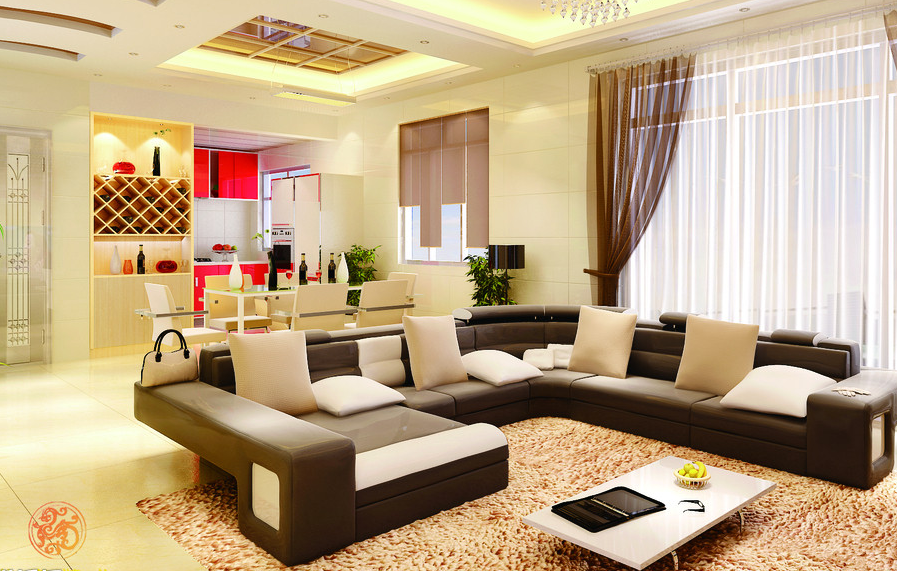


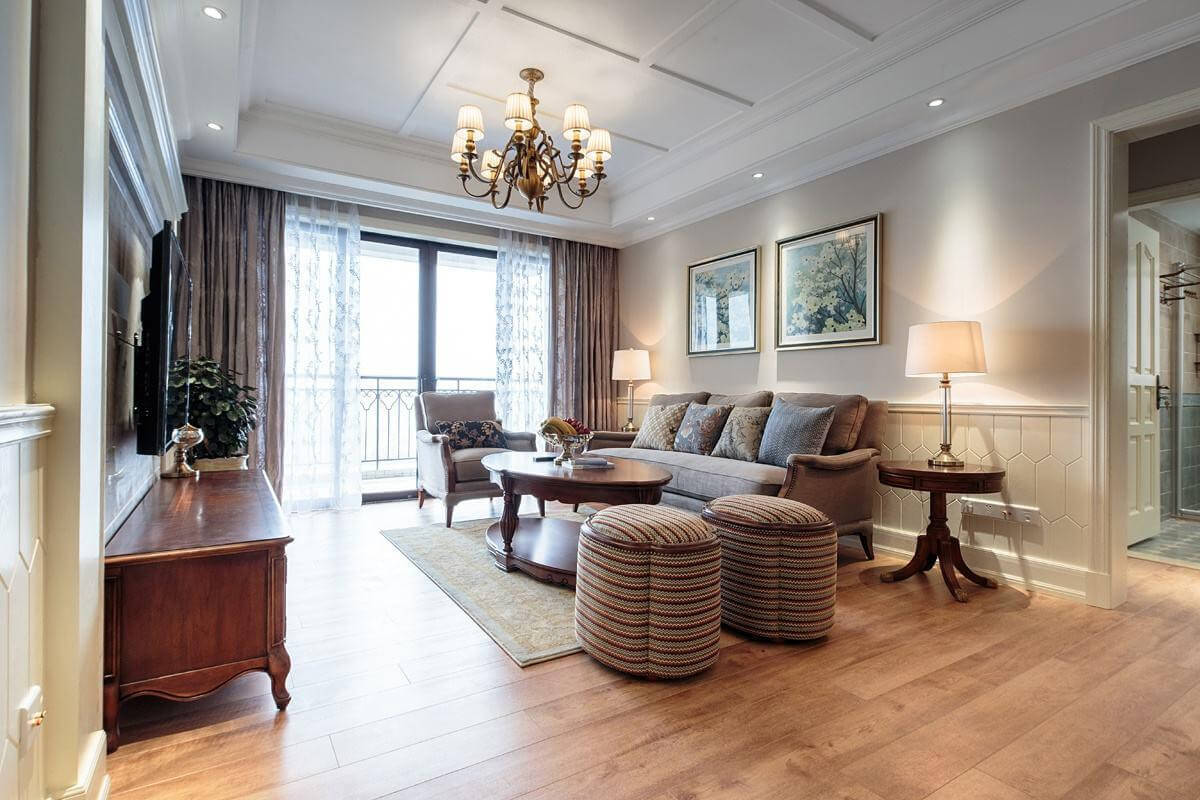
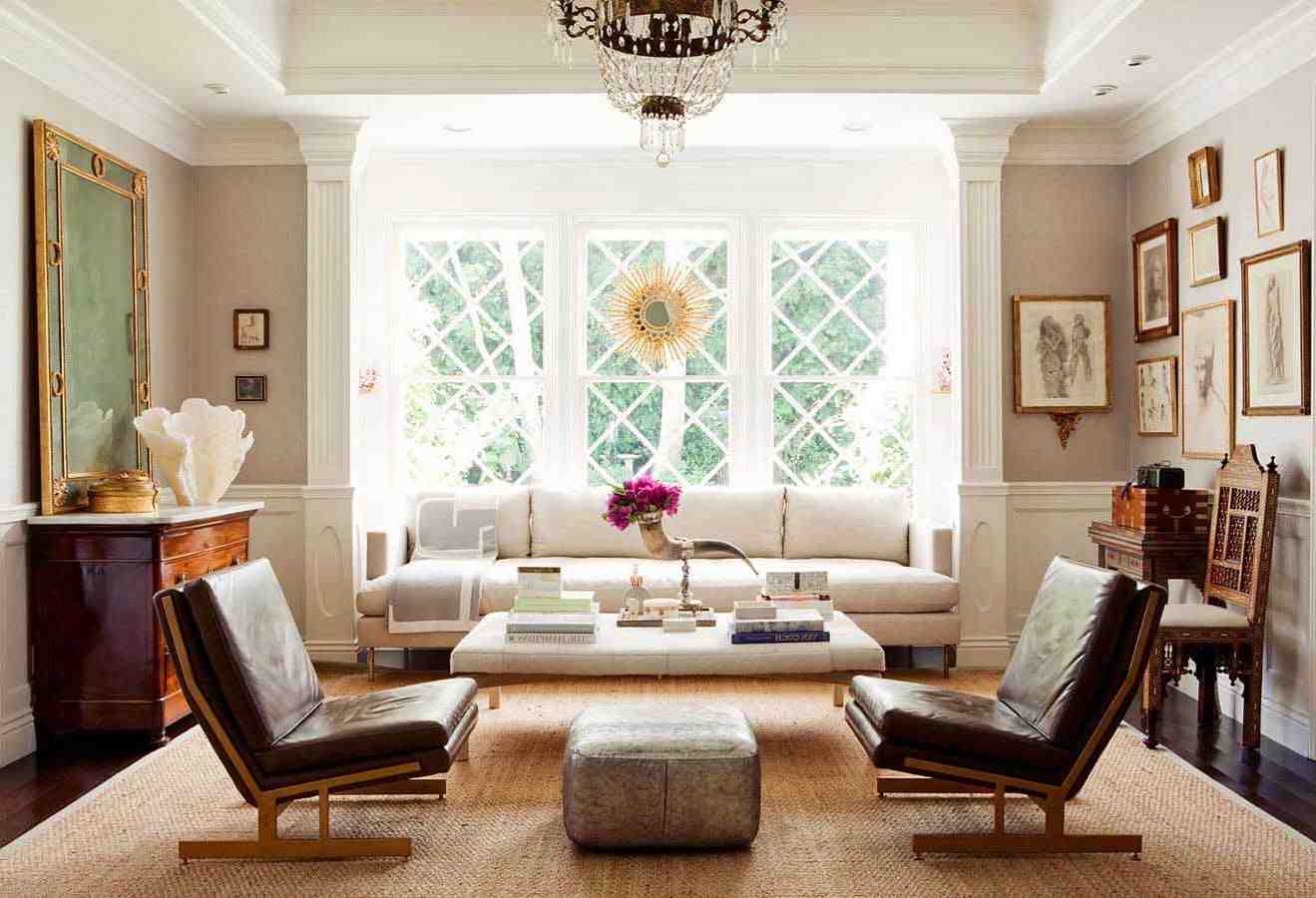
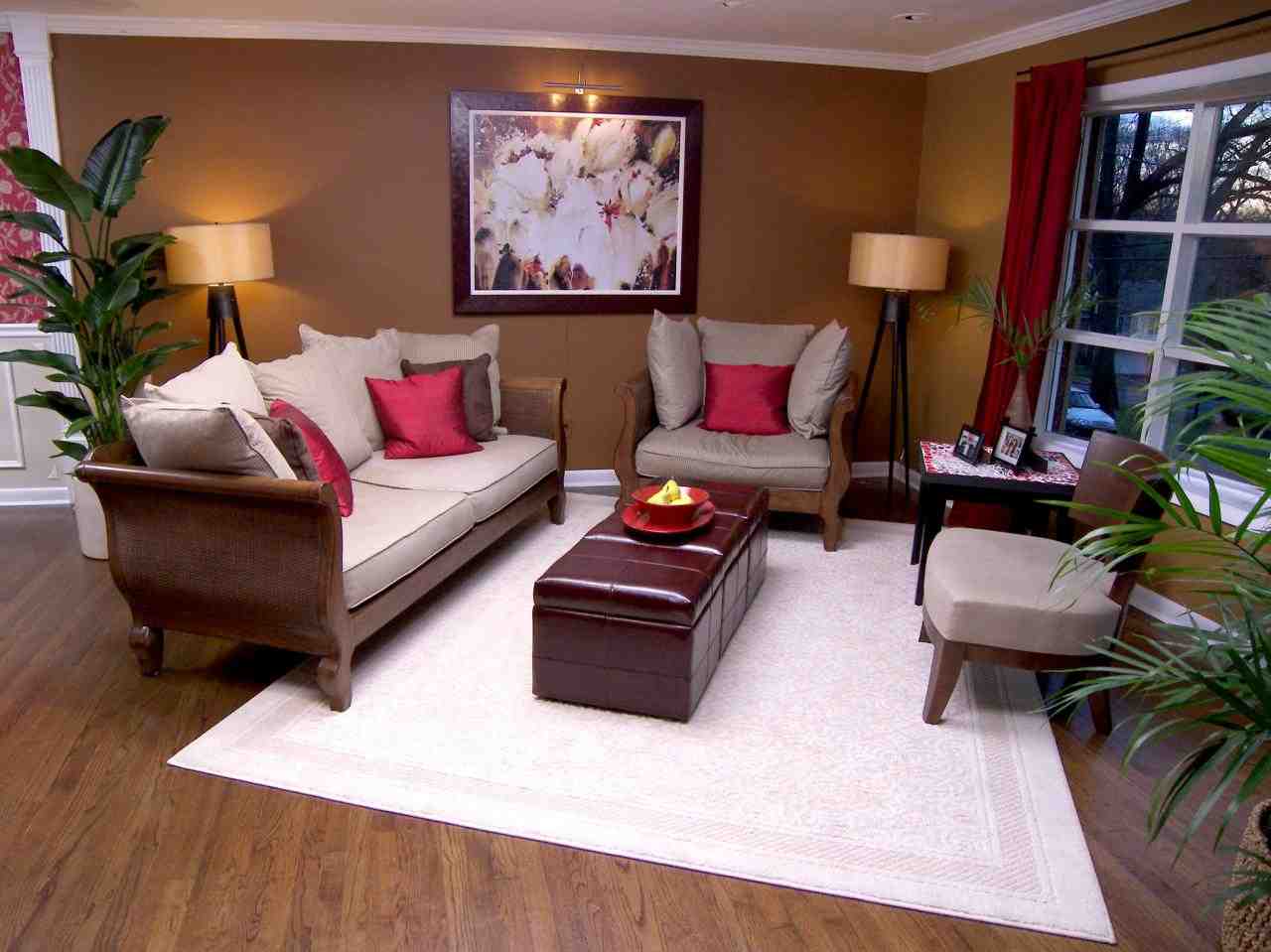
/GettyImages-1093510322-bdcf13ae33e74480934cf9b0e6658e3a.jpg)


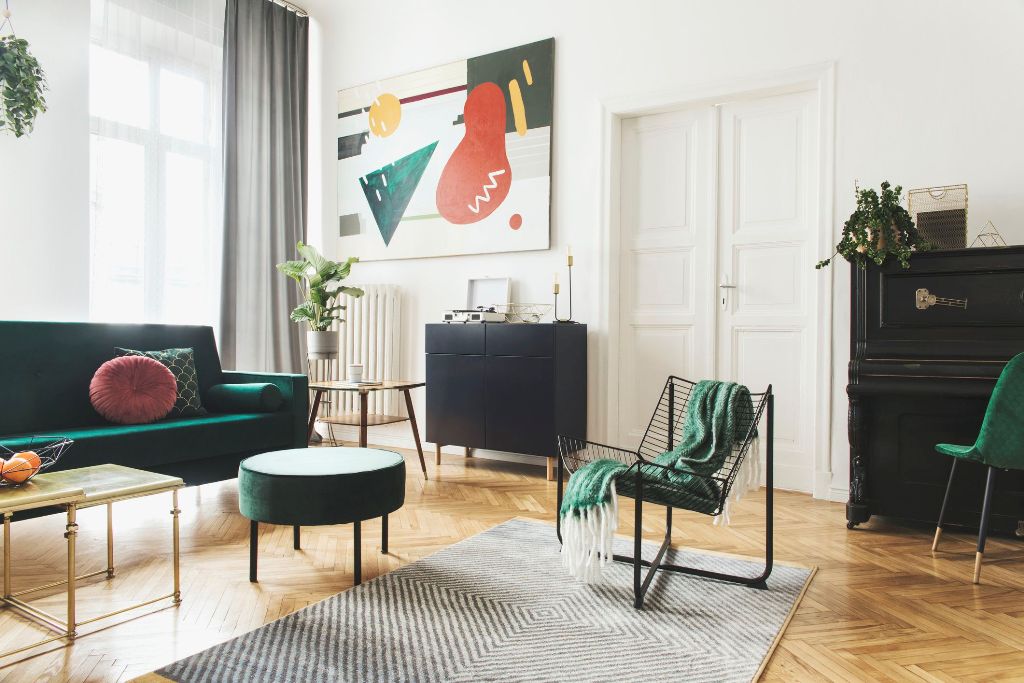
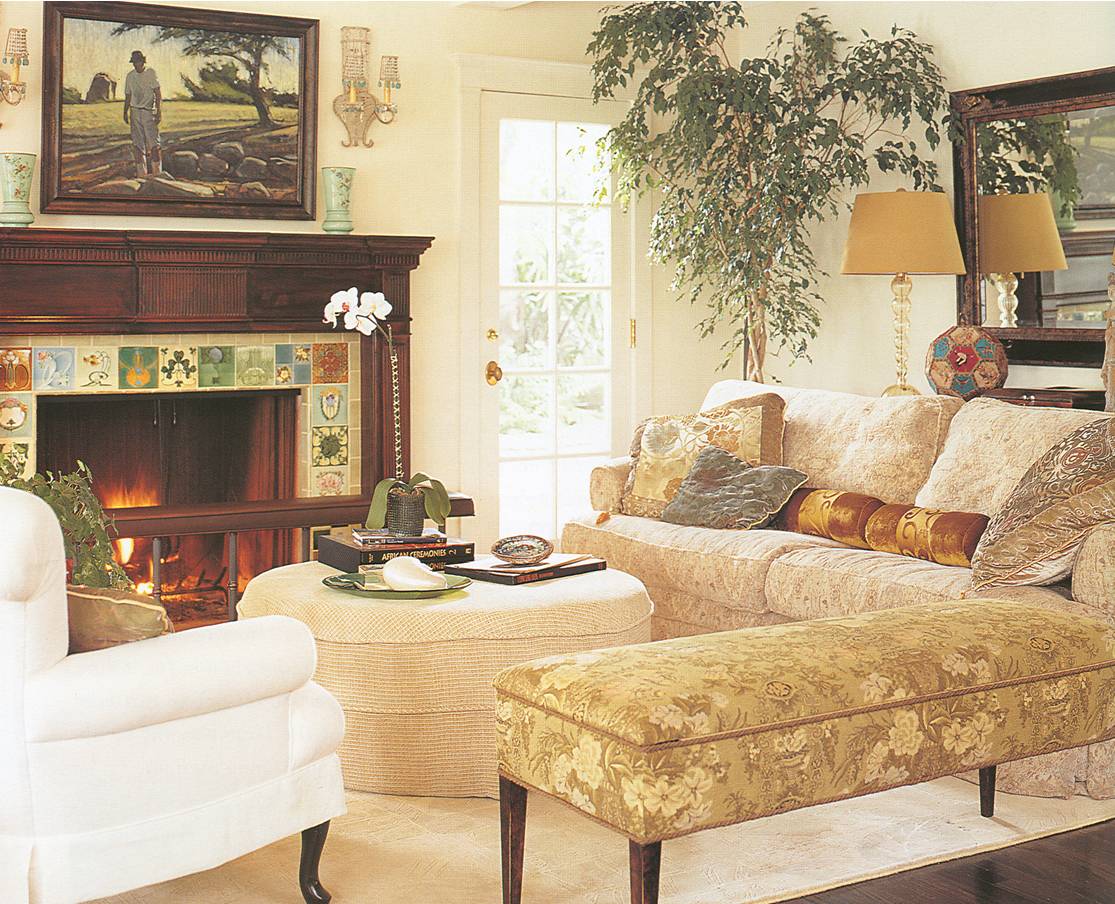
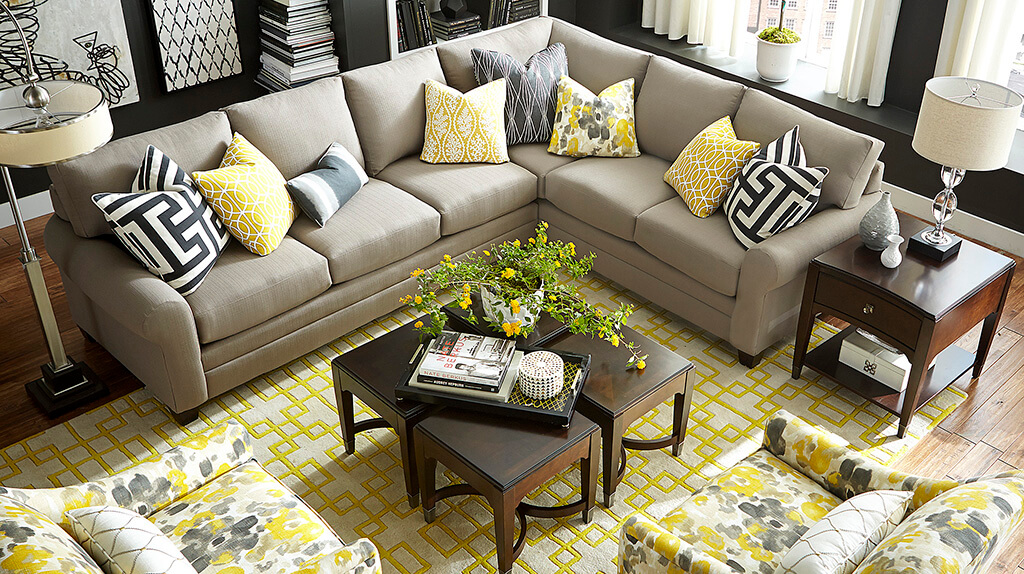
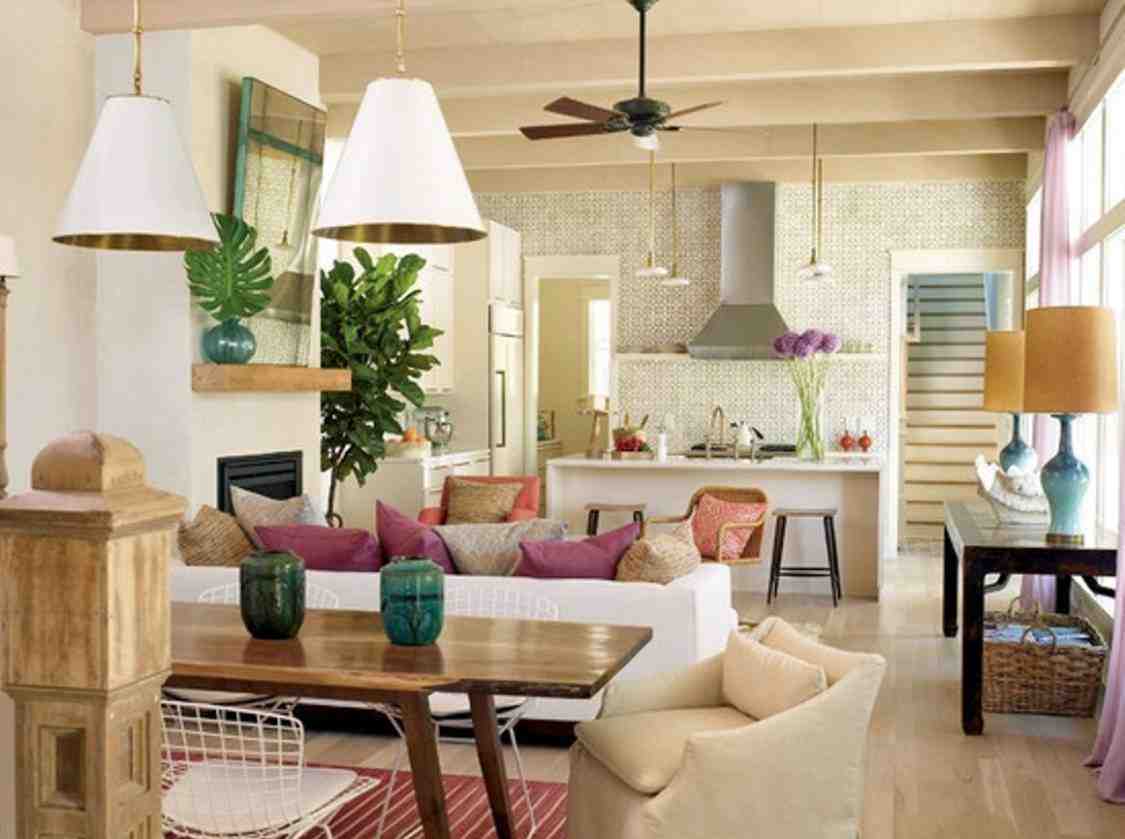



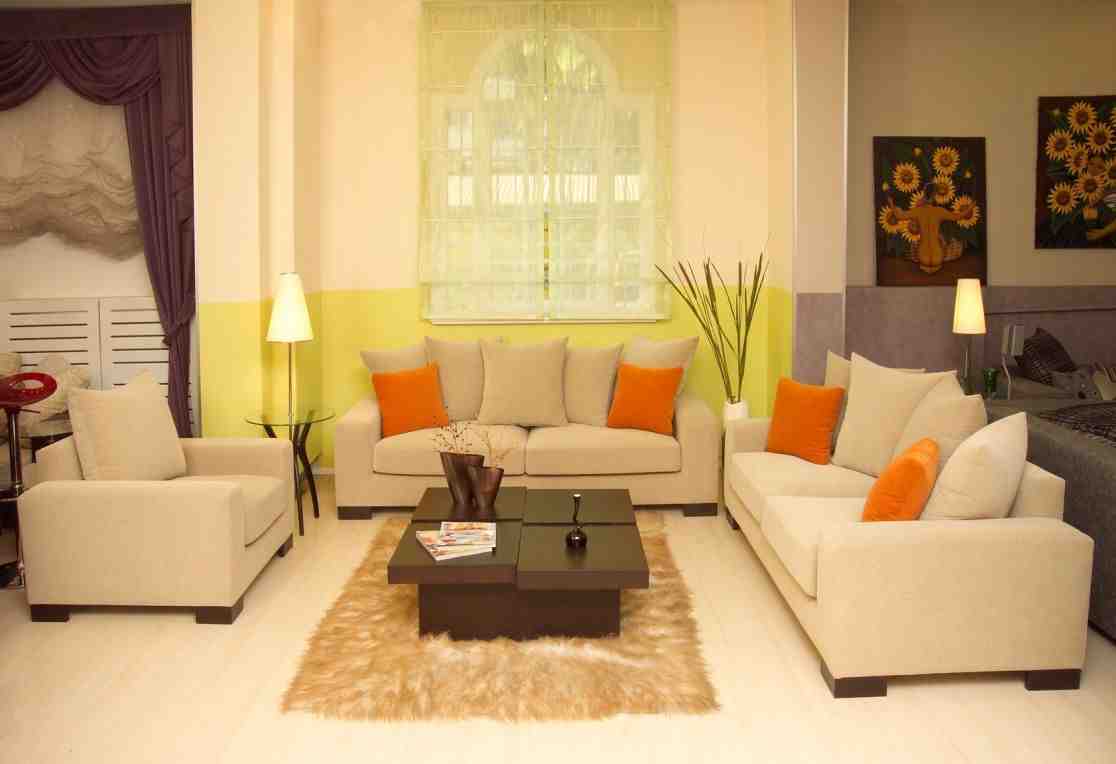

:max_bytes(150000):strip_icc()/GettyImages-1156011692-dd3354f984884054adec618e43903f8a.jpg)
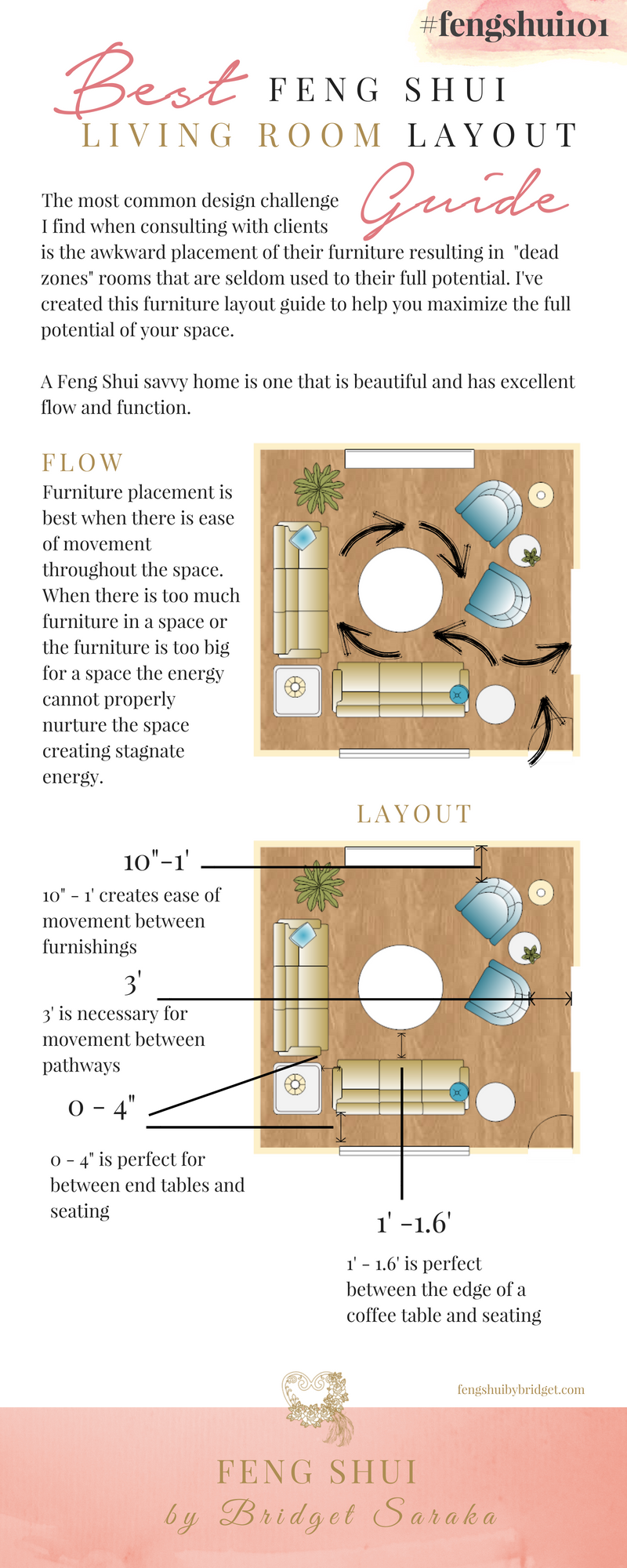




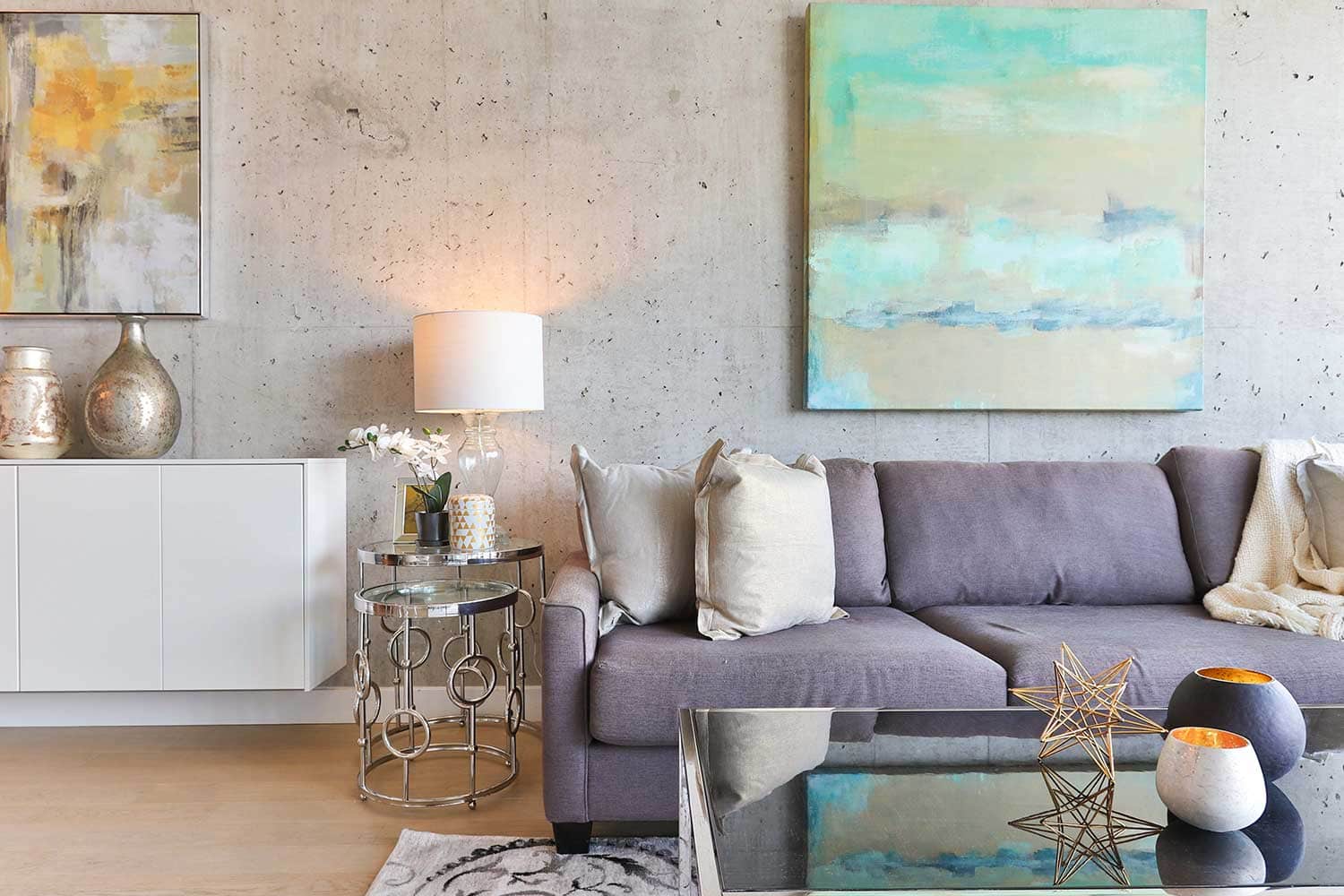
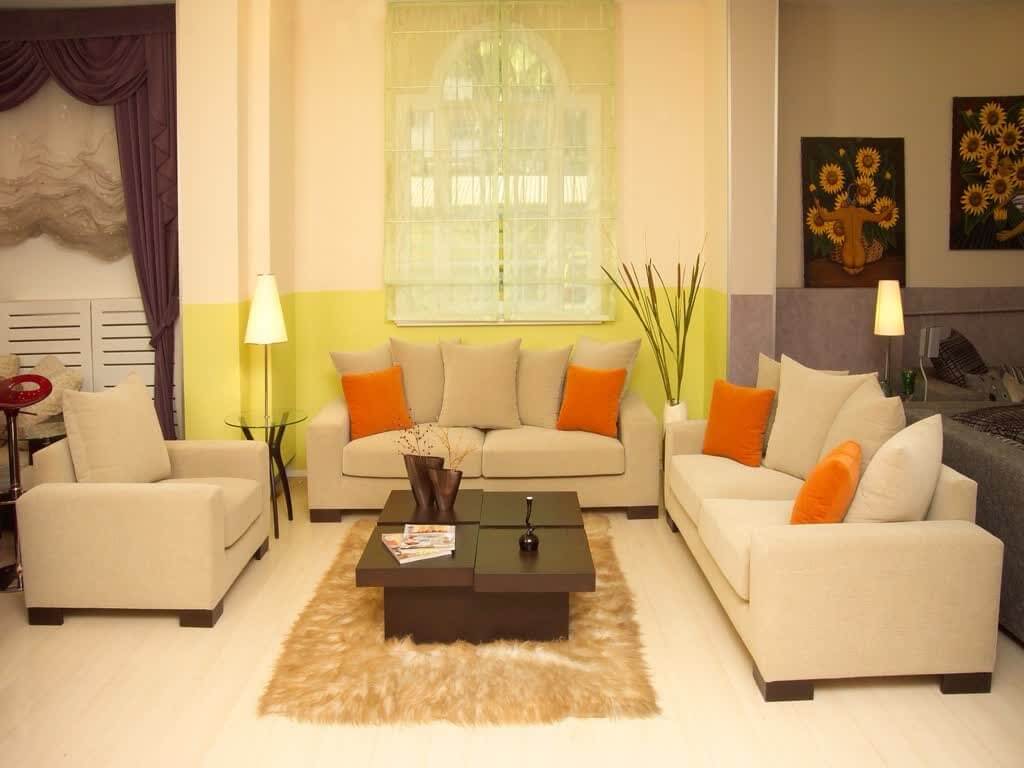
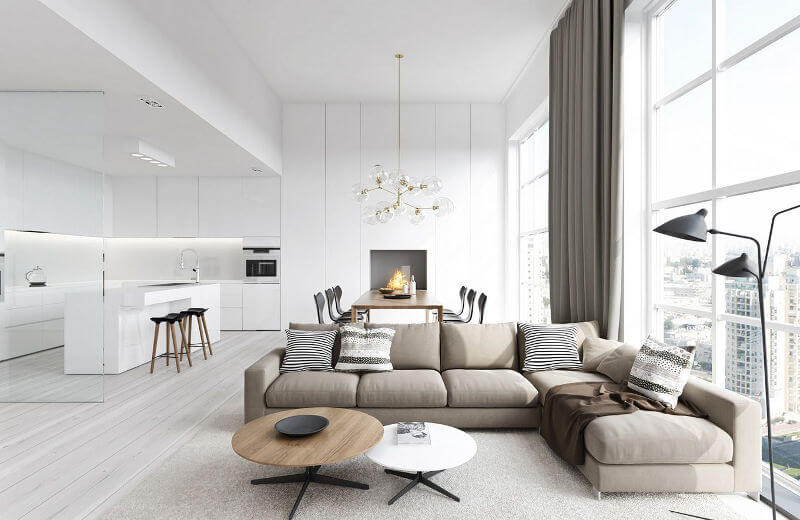


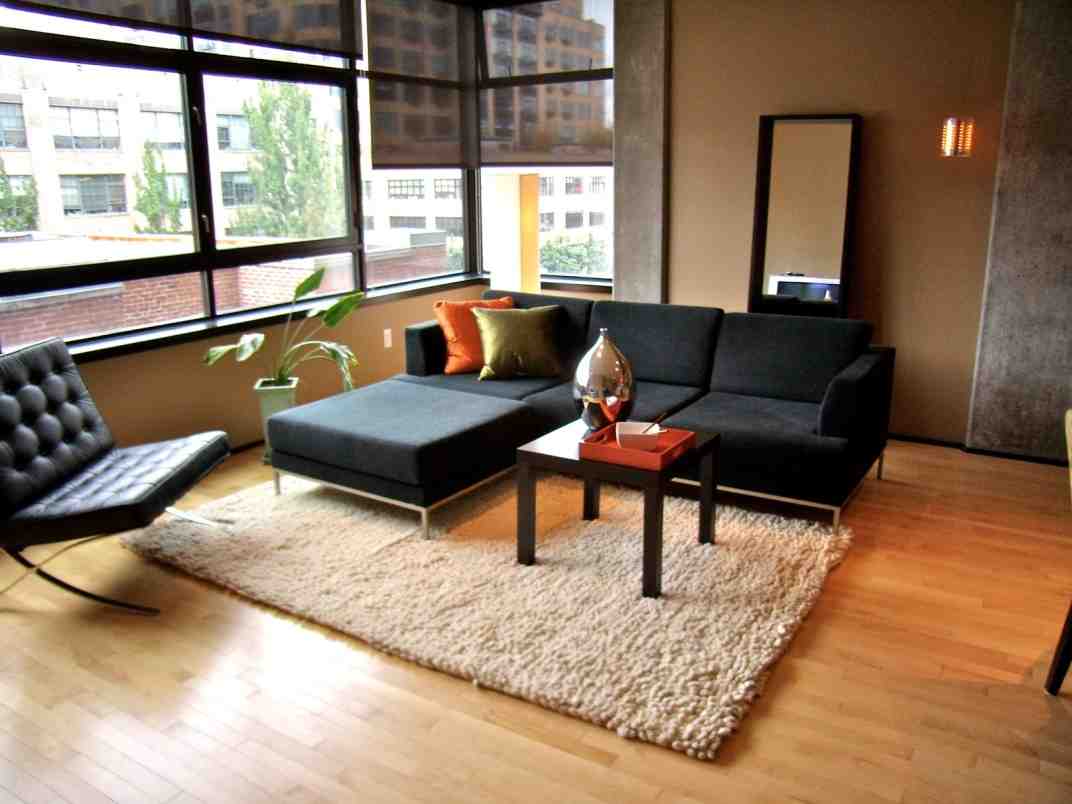
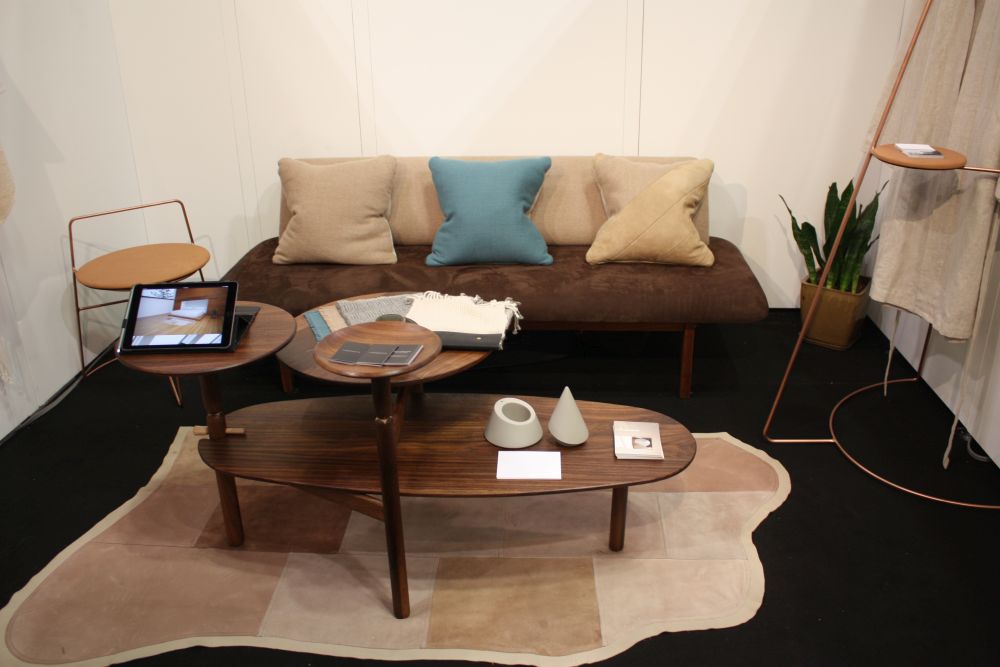


:max_bytes(150000):strip_icc()/interior-of-a-modern-living-room-157585197-f4ed3ae199e0491d84d9a79b90e66809.jpg)

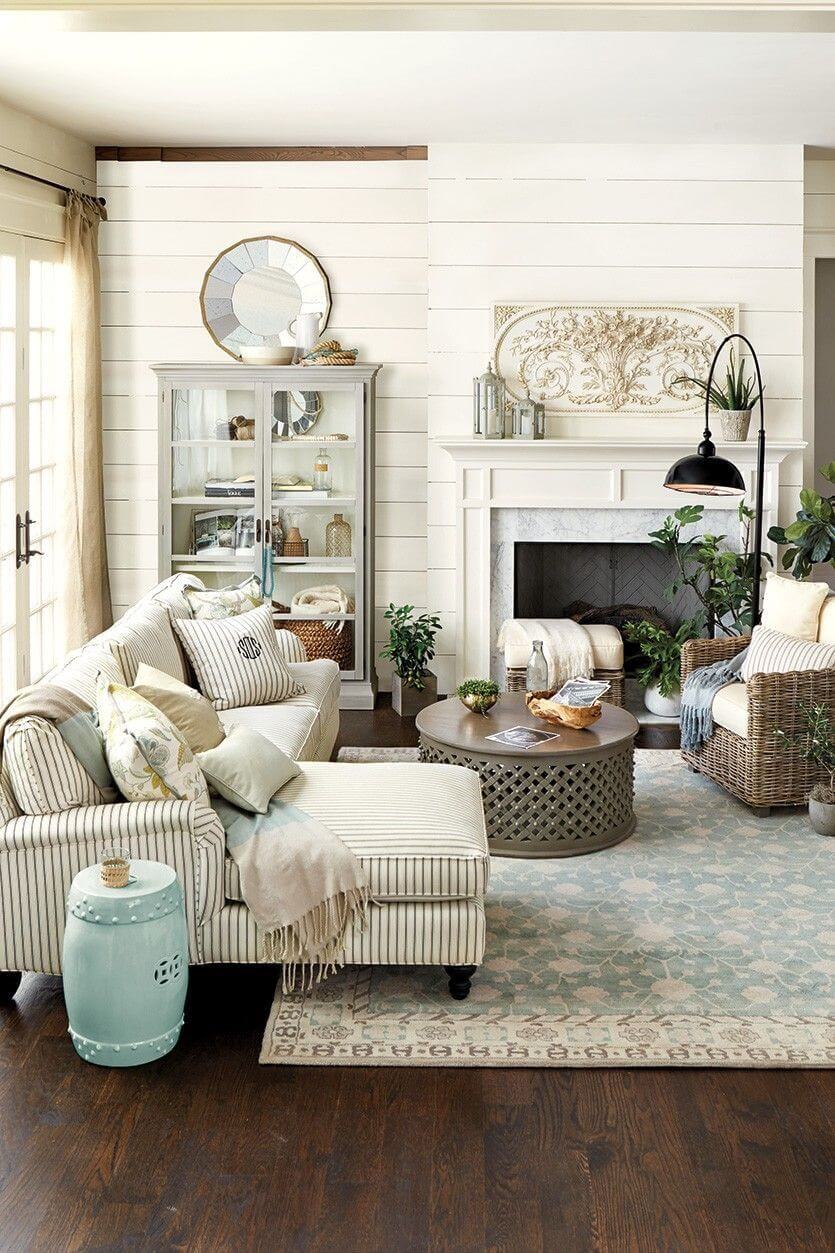


:max_bytes(150000):strip_icc()/GettyImages-642242204-9bc00f4474f040908f0286b3f2764f95.jpg)
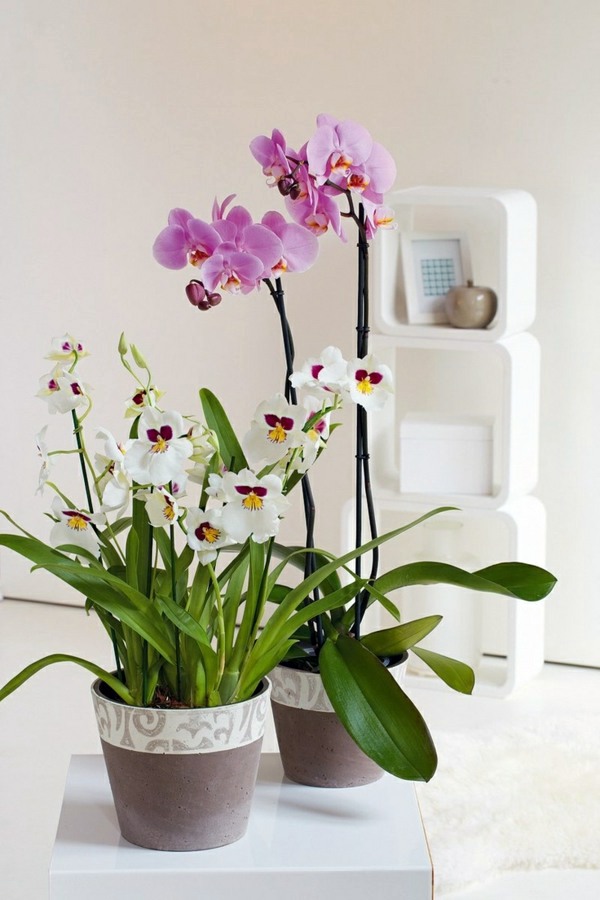

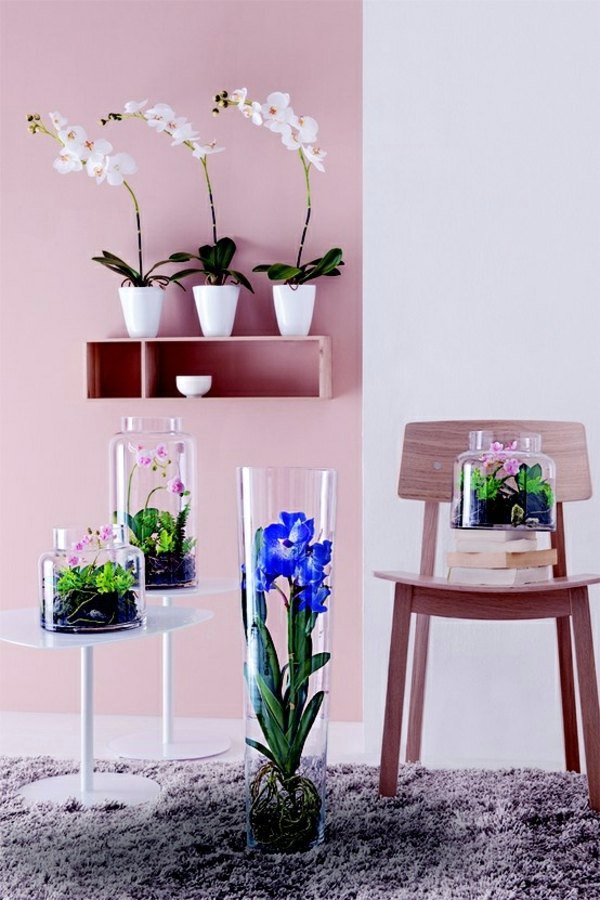







/Living-room-mirror-GettyImages-530358968-58b8be143df78c353c14eae5.jpg)


